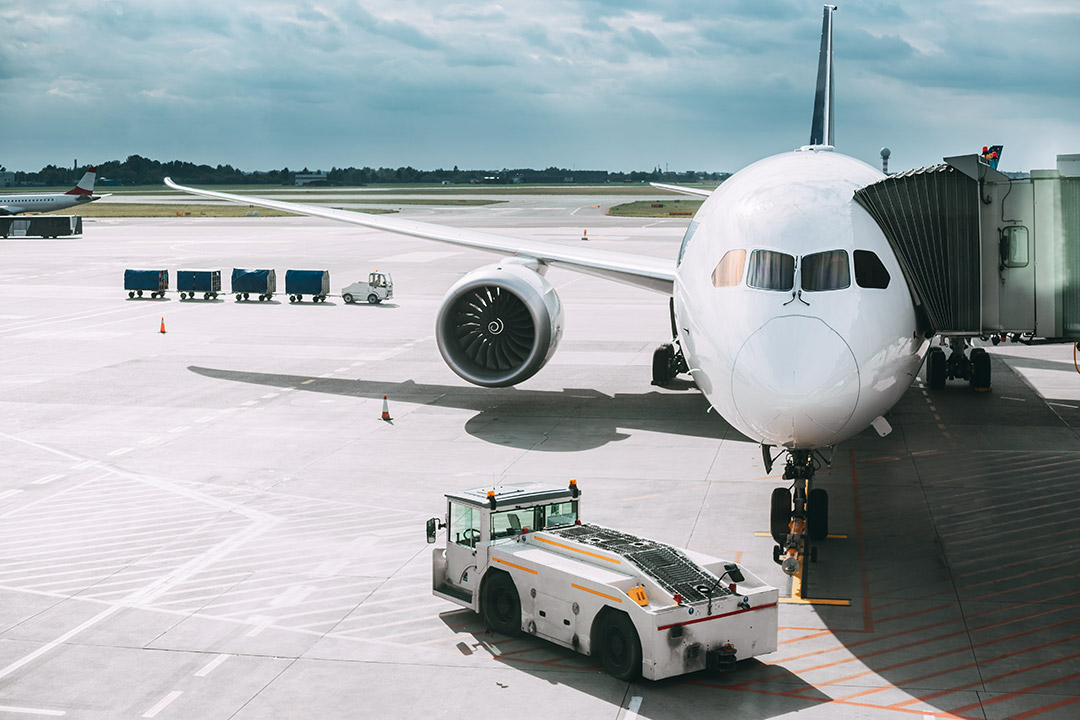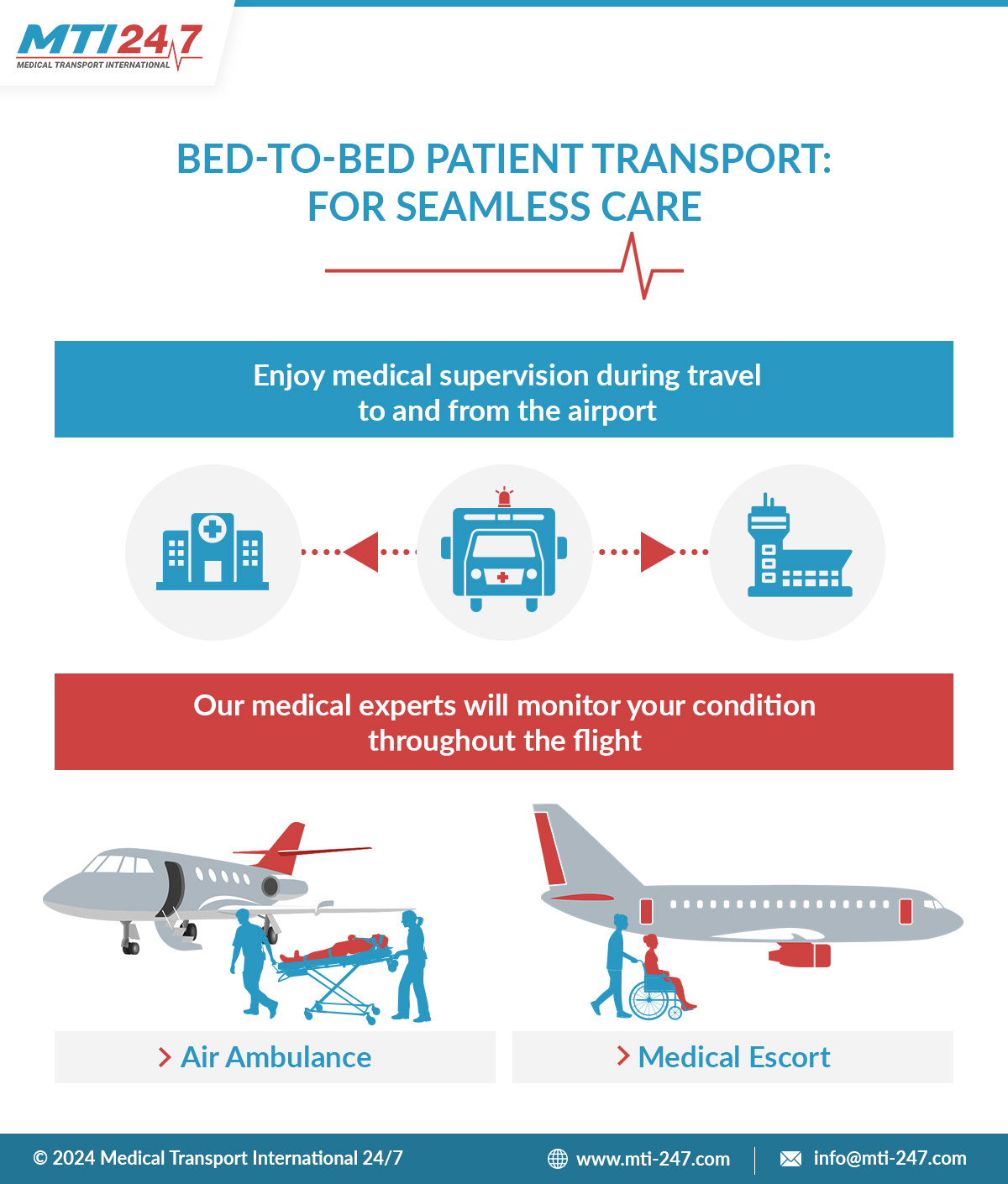You are all packed and ready for your much-anticipated trip, but suddenly, you wake up feeling under the weather. Now you are faced with a dilemma - should you force yourself to board the plane, or stay home and recover? It is a tough call, especially when you have been looking forward to your journey. But here is the thing - traveling while sick poses risks not only to others, but also to your own health. Flying when you are not at your best can actually make your condition worse, turning your dream trip into a nightmare. So, before you make that decision, let's take a closer look at what you need to consider.
Key insights about traveling on a plane when sick:
Airlines have the right to deny boarding to visibly ill passengers.
Flying while sick can worsen your condition and increase the risk of spreading infectious diseases to other passengers.
If you are sick before a flight, consult your healthcare provider, notify the airline, and take precautions to minimize discomfort and reduce the risk of spreading diseases.
If you are denied boarding due to illness, consider alternative options like our air ambulance services that provide specialized medical transport with expert care and comfort.
Can airlines prevent you from flying if you're sick?
Yes, airlines can prevent you from flying if you are visibly sick or showing symptoms that could pose a health risk to others. So, if you are running a fever, coughing up a storm, or looking like you might need a barf bag at any moment, do not be surprised if the airline asks for a doctor's note to prove you're fit to fly. And even then, they might still turn you away if they think your condition could get worse during the flight or put others at risk.

What medical conditions may prevent you from flying?
Certain medical conditions can make flying unsafe or uncomfortable due to the airplane’s low air pressure, reduced oxygen levels, and limited medical resources. Travelers with these conditions should consult a doctor before boarding.
Conditions that may prevent flying
Severe anemia or sickle cell disease: Risk of oxygen deprivation at high altitudes.
Late-stage pregnancy: Airlines typically restrict travel after 28–36 weeks due to preterm labor risks.
Infectious diseases: Conditions like measles, tuberculosis, or COVID-19 pose health risks to others.
Recent surgeries: Especially involving the chest, abdomen, brain, or eyes, due to pressure changes.
Severe cardiovascular issues: Unstable angina, uncontrolled heart failure, or recent heart attacks.
Respiratory conditions: COPD, pneumothorax, or severe asthma may worsen in low oxygen environments.
Mental health conditions: Severe anxiety, psychosis, or substance abuse disorders affecting in-flight safety.
Always consult a healthcare provider and notify the airline if accommodations are needed.
What are the risks of flying when sick?
Flying while sick can be a risky endeavor, not only for your own well-being but also for the health of those around you. The physical stress of travel, combined with the unique environment inside the airplane cabin, can exacerbate your symptoms and make your illness worse. Furthermore, you increase the risk of transmitting infectious diseases to other passengers and crew members.
Key risks of flying while sick include:
Worsened sinus pain or ear discomfort: Caused by air pressure changes during takeoff and landing.
Aggravated respiratory conditions: Dry, recycled cabin air can irritate the lungs or worsen breathing problems.
Delayed recovery: Physical stress, fatigue, and dehydration during travel can slow healing.
Increased risk of blood clots: Fever and dehydration can elevate clot risks, particularly on long flights.
Spread of infectious diseases: Germs can easily transmit to vulnerable passengers, like babies, seniors, or immunocompromised individuals.

What should you do if you are sick before a flight?
If you are sick before a scheduled flight, there are several steps you can take to ensure a safer and more comfortable journey for yourself and others.
Here are some tips and tricks for a worry-free journey:
Consult your doctor: They will be able to determine if it is safe for you to fly and give any necessary documentation or clearance.
Notify the airline: If you have a contagious illness or require special assistance, inform the airline in advance. They may offer accommodations or help you reschedule your flight.
Stay hydrated: Drink plenty of water before, during, and after your flight to counteract the dehydrating effects of air travel and support your immune system.
Pack necessary medication: Bring along any prescription or over-the-counter medications you may need, along with a doctor's note.
Practice good hygiene: Wash your hands frequently, use hand sanitizer, and consider wearing a face mask to minimize the spread of germs.
Rest and recover: If possible, give yourself extra time to rest and recover before and after your flight to help your body cope with the stress of travel.
How can a medical escort help me?
A medical escort may be an invaluable resource for sick passengers who require support on their flight but do not require the full range of services provided by an air ambulance. This service is recommended if you have a stable chronic disease, are recuperating from surgery, or require medical care such as medication monitoring, oxygen delivery, or mobility support. A nurse or doctor will accompany you throughout your flight. They will monitor your condition, offer any required medical treatment, and ensure your comfort and safety. They will also assist with boarding, help navigate airport processes, and communicate with airline personnel to ensure a smooth journey.
What are your options if you are denied boarding due to illness?
If you are denied boarding due to illness, consider our air ambulance service. These medically-equipped flights offer a safe and comfortable environment to patients who are too sick to fly commercially. Our team will assess your specific needs to ensure you receive the care you require while getting to your destination.
Our air ambulance services offer several benefits to patients who are too sick to fly on commercial airlines:
Medical expertise: Our air ambulance flights are staffed by trained medical professionals who can provide continuous care and monitoring throughout the trip.
Specialized equipment: These aircraft are outfitted with advanced medical equipment, such as ventilators, monitoring devices, and medication, to cater to the patient’s specific needs.
Customized travel plans: We work closely with the patient, their family, and healthcare providers to create personalized travel plans.
Direct and efficient travel: Our ambulance planes can often fly directly to the patient's destination, minimizing layovers and reducing travel time.
Privacy and comfort: Patients can travel in a private, comfortable environment without the stress and challenges associated with commercial air travel.
Stress-free travel for patients: Our bed-to-bed service
When illness strikes, the last thing on your mind should be how to travel from one destination to another. Our bed-to-bed service offers a seamless solution, ensuring a safe and comfortable journey every step of the way. Our team of medical specialists will pick you up from your home or current hospital bed in a fully equipped ground ambulance and transport you to our state-of-the-art medical aircraft for boarding. Upon landing, another ground ambulance will be ready to transfer you directly to your new hospital bed or selected location. Remember this service when you contact us.

How to book our air ambulance service?
Booking our air ambulance service is a simple and straightforward process. To get started, simply:
Contact us via phone, email, or our online booking form.
Provide us with the necessary information about the patient's condition, current location, and desired destination.
Our medical experts will assess the patient's needs and create a customized transport plan.
On the day of the flight, our medical crew will arrive at the patient's bedside, ready to provide the highest level of care and attention throughout the journey.
What sets our aeromedical transport services apart?
When you choose our aeromedical transport services, you are not just getting a flight – you are getting peace of mind. To achieve this, we offer a range of benefits:
Multilingual staff available 24/7 to assist you.
Transparent, personalized pricing with no hidden costs.
Worldwide presence, ensuring we can reach you wherever you are.
Emotional support and compassionate care throughout your journey.
Personalized medical crew and equipment, including pediatric incubators and isolation pods.
Contact us for flying safely when sick!
Do not let illness ground your travel plans. Our expert team is here to provide the highest quality care and support for your medical transport needs. Contact us today to learn more about our personalized services and patient transportation options.
Reach us by:
Phone: USA: +1 646 335 06 83 / UK: +44 20 3608 0959
Email: info@mti-247.com
Our contact form
:quality(75))
:quality(75))